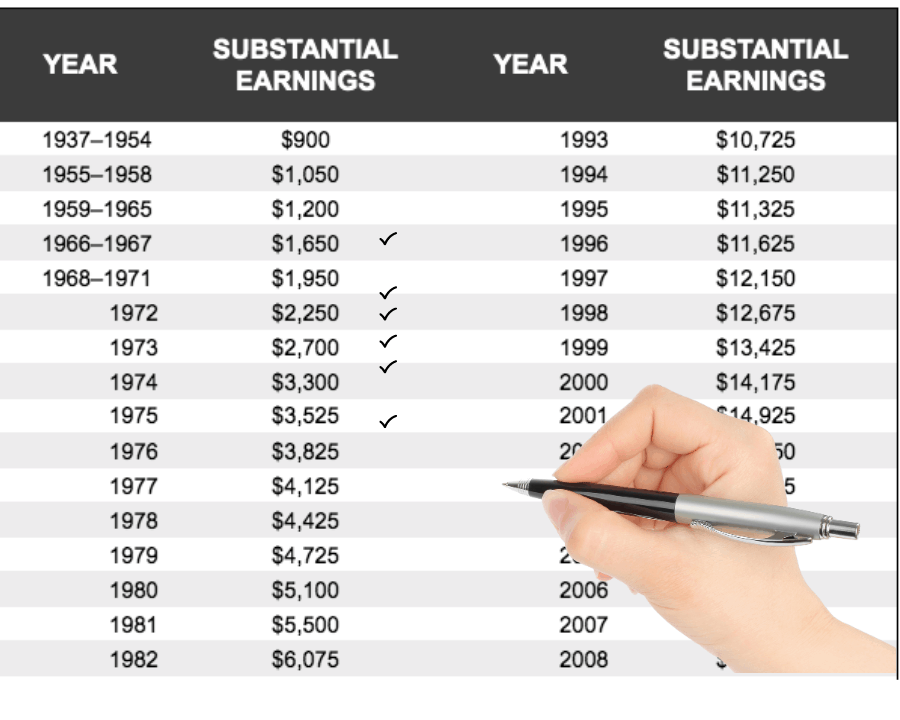There are approximately four million individuals receiving monthly Social Security benefits based on their deceased spouse’s earnings record. These come in the form of survivors’ benefits, which provide the majority of annual income for many of the recipients.
There’s no question that survivors’ benefits are an important lifeline that the Social Security Administration provides to widows and widowers who no longer have a spouse who can help manage household expenses.
Unfortunately, there are cases where a widow or widower is told that they are not eligible for these critical survivors’ benefits because they did not meet the core requirement for eligibility.
There is a strict rule that says in order to receive survivors’ benefits, individuals must meet a marriage length requirement. Social Security requires that your marriage lasted at least 9 months to qualify for benefits.
While this rule is fairly strict, there are numerous exceptions for individuals who lose a spouse after a marriage that lasted less than 9 months. Here’s what you need to know.
Read more










